みなさん、こんにちは
FEネイティブ講師Simon先生がお届けする英語ブログで学ぶ使える英語表現をシリーズでお届けしています。
※Simon先生のシリーズ前回の記事「Simon先生の英語ブログで学ぶ使える英語表現ーThe Picky Eater「偏食家」」を見逃した方はこちらからどうぞ!
さて、今回のブログは、Training Wheels「補助輪」です。
Hello, this is Simon.
My daughter will be going to elementary school next year. That has made me start thinking about various things. One thing that came to mind out of the blue was that she still rides her bike with training wheels attached. When I started at school, I didn’t need them, so I thought starting this weekend, I’ll help her to learn to ride without them.
Saturday morning was sunny, so I took the bike outside, removed the training wheels then went back inside and got my daughter. She looked quite exited upon seeing her bike in its new form, so I asked her, “Do you want to take it for a spin?”
We started getting ready, putting on her helmet, knee pads and elbow pads. My son saw us and was hoping to come along for the ride, so he followed us to the front door. But, my daughter was having none of it. She turned around and told him “On your bike!”. This was her time and she had no intention of letting him bum a ride.
She got on her bike and we headed off up the road. She did okay for the first time, although she was very nervous. She insisted that I hold her shoulders the whole time, but there were moments when I felt I could almost let go. The main problem was having her stay focused and looking straight ahead. Her gaze followed every cat, bird and even dragonfly that we passed. She seemed to be looking left and right the whole time. There were lots of questions too, “What kind of bird is that? What does it have in its mouth? Will that dragonfly come and land on my helmet?” Each one I answered with “Don’t worry about it. Just look straight ahead!” It was a bit of a bumpy ride, but overall a success. She didn’t fall off or start crying, and she wanted to give it a try again. I think it will take numerous attempts before she can do it, but the goal is to have her riding without training wheels by April next year. As they say, “baby steps”.
Even though she didn’t fall off or cry, she did get bored with it towards the end, so I ended up having to push the bike home while she skipped alongside me…
ーそれでは、本文の中からピックアップした英語表現を見てみましょう!
“training wheels”
“Training wheels” are small wheels attached to the back of a bicycle to stabilize it. They are used as an intermediary step for children who are learning to ride a bicycle. This term can also be used metaphorically to mean any form of support, assistance or guidance to help someone learn a particular skill
(e.g. When learning a language these days, there are many apps that can act as training wheels, which provide useful practice, exercises and lessons.)
“take it for a spin”
To “take … for a spin” means to test something or try it out to see how well it works, in particular a motor vehicle
(e.g. I was seriously considering buying the car, so I asked the salesperson if I could take it for a spin.)
It can also mean to go on a short leisurely ride
(e.g. I have my parents car for the day. Would you like to take it for a spin to the beach?)
“come along for the ride”
The expression to “come/go along for the ride” means to take part in an activity, but not play an active or important role in it, kind of like being a passenger in a car (e.g. My friend would often take a group of us on diving trips in his boat. I actually couldn’t dive, so I just went along for the ride.)
“On your bike!”
The expression “On your bike!” basically means “Go away and stop annoying me!” I guess it is a shortened form of “Get on your bike and leave!” It can also be used jokingly as a way to refuse a request.
For example,
A:”Could you lend me a fiver?” (= 5 dollars/pounds)
B:”On your bike! As if I’d lend money to you!”
“bum a ride”
To “bum a ride” means to ask someone to take you somewhere. It is a more casual way of saying to “hitch a ride”
(e.g. Tom: Are you going into town Bob? Bob: Yes, why? Tom: Can I bum a ride off you? / I won’t have enough money for the last leg of my trip, so I’m hoping to bum a ride to the final destination.)
“a bumpy ride”
A “bumpy ride” describes a tough time or difficult experience
(e.g. The last few months have been quite a bumpy ride, with the possibility of bankruptcy looming over our company.)
“baby steps”
“Baby steps” refers to the act of progressing in very small steps or stages
(e.g. It will be some time before you start to see any real progress, so for now, just take baby steps. There’s no hurry.)
See you next month!

Hello! My name is Simon.
I am from New Zealand, and have been living and teaching English in Japan since 1999.
My hobbies include movies, playing the guitar, gardening and hiking.
※このブログでは英語学習に役立つ情報アドバイスを提供していますが、本ブログで提供された情報及びアドバイスによって起きた問題に関しては一切、当方やライターに責任や義務は発生しません。
※ここでの情報や助言を参考に英文を書いたり下した判断は、すべて読者の責任において行ってください。ここに掲載されている記事内の主張等は、個人の見解であり当社の意見を代弁・代表するものではありません。
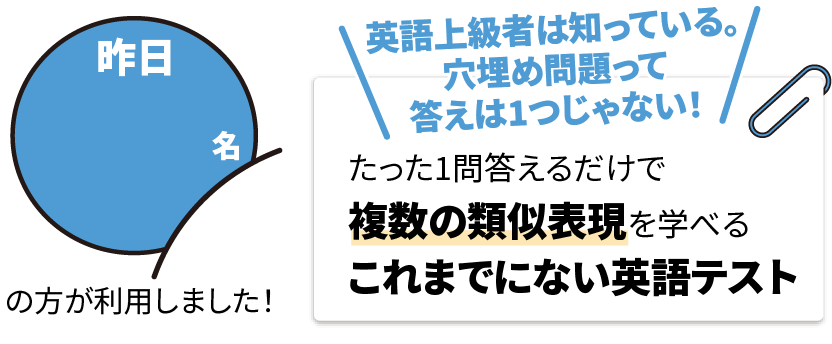


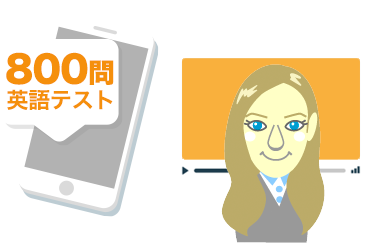

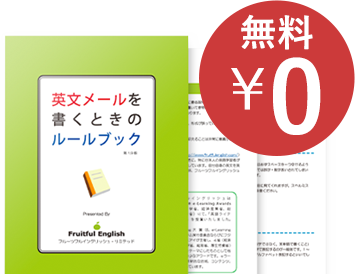
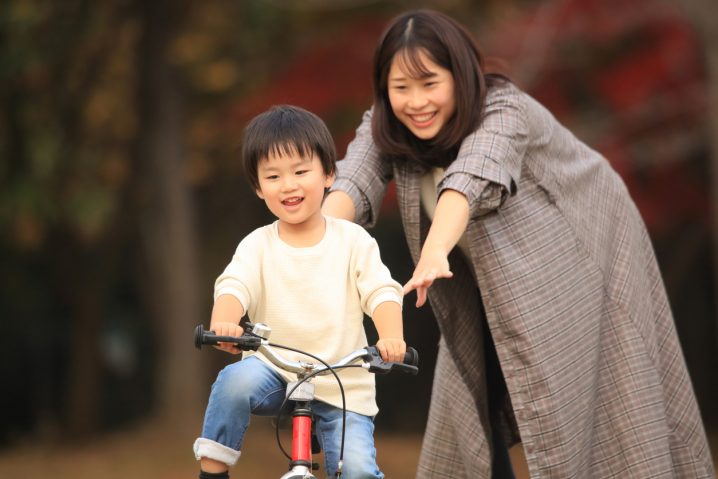

 (2 イイネ!が押されています)
(2 イイネ!が押されています)











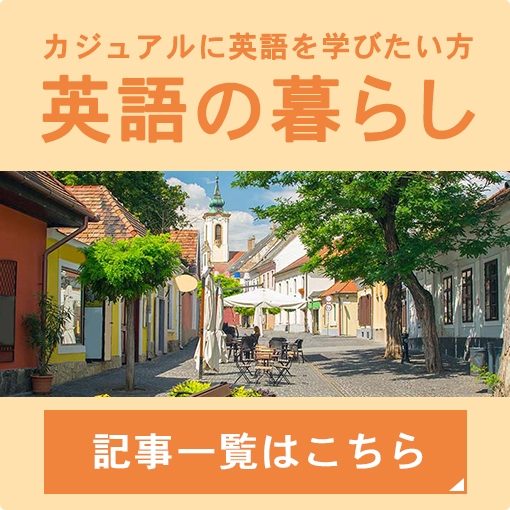





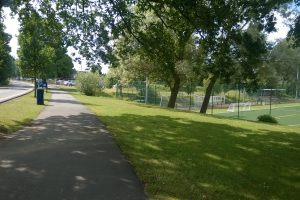










コメントする